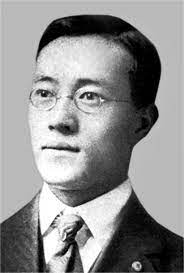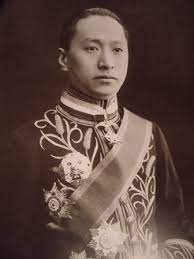Chu Ching-nung (14 August 1887-9 March 1951), educator, one of the founders and later the president of the China Academy and of Kuang-hua University. An educational reformer, he edited a major textbook series for the Commercial Press, served the National Government in such posts as vice minister of education, and created a fine school system […]









